The iChurch Method TV - Ep 11 - Churches and their Understanding of Technology
http://youtu.be/5dRvqGTyd00 The church as a whole, I’d say maybe there are about 5% of churches that really have a good grasp of technology. They have the resources to actually utilize a lot of the new things that are going on out there, but 95% of the churches I see out here just don’t have the resources. They know what they want to do but they don’t have the resources and the expertise to actually implement it so they might have a volunteer come in and do the website; someone that really has a good heart but just doesn’t have the knowhow to make it look as effective as it could be. Or they may hire somebody that doesn’t have the integrity that the people in the church have. If they don’t have that integrity then they might just take them for their money and not give them a high-quality website.
So, in seeing those types of situations I started to realize what they needed was someone they could trust and someone that also has the expertise to allow them to take advantage of the technology that we have out here because it changes rapidly.
Content Strategy They are somewhat aware. They understand that they want something that’s innovative; they want the neat, shiny, new thing on the block. They also understand that they want a content management system; something that they can still work with once the website is done and handed off to them from the developer. So, they understand that part of it.
What they don’t understand is just the expertise that it takes to actually develop that. They might not understand that the stuff they see that’s easy for them to use on the website might take weeks or months to develop; they don’t understand that part.
They’re starting to understand that the key buzzword is social media. So, when they see a new website they always want to know where’s the social media aspect of that, but then they may not think about the other aspects that you need in a website which would be the eCommerce aspect with online donations, online stores, the stuff that people look for when they come to the website. They want to know contact information, locations, service times, those basic things about the ministry. Those basic things need to be looked at before we even get to the new shiny, touchy-feely website. We need to look at a content strategy.
The hardest part that I’ve seen with ministries is not the website; they know they need a website because they see a whole bunch of churches with one, but they have a hard time figuring out how to get the content from the pastor or from the leadership and onto the website and onto the social media in an effective streamlined manner.
What was going through my mind was looking at these five aspects that I had, each chapter to me was something I actually would do in a typical week at work. In a typical week I work on the websites and multimedia, eCommerce, social media, and mobile, so when I’m putting this book together I’m thinking, “What is it that I do that people would need to know from the most basic level all the way up to the most technologically advanced level?” I want to make sure if we have a pastor who’s not as technically savvy, he can look at the book and understand, and have a conversation and hand it off to someone who is technologically savvy.
But, what if the technologically savvy person picks up the book? I want to make sure this book challenges them as well and gives them new ideas and strategies so that they can utilize them within their ministry.
For more information on this and other topics, get your copy of “The iChurch Method Volume 1: How to Advance Your Ministry Online.” or The iChurch Method Volume 2: Changing the World When You Login or even sign up for the iChurch Method Online School.
